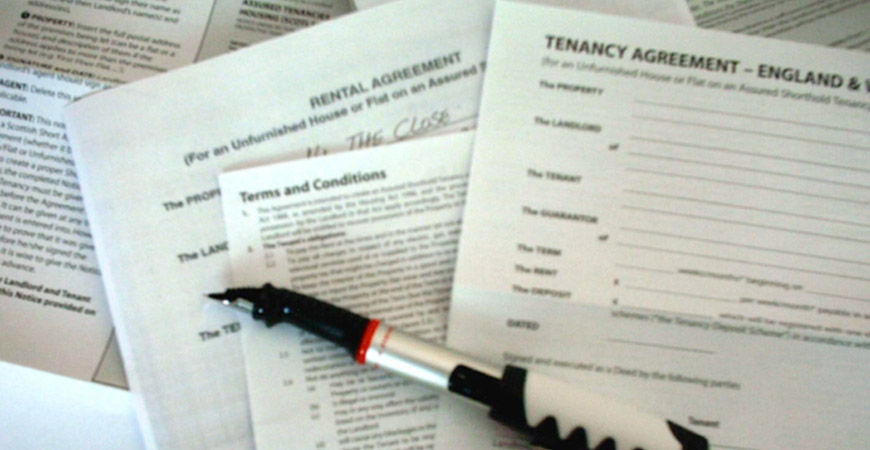
4 Tips to Find the Top Contractor for Your Home Improvement Project
As we battle cabin fever, many of us are getting the urge to update the kitchen or re-design the bathroom. If you’re not afraid to get a little dirty, you can do quite a bit of the work yourself. It’s important to know when to draw the line, though, and sometimes it’s worth it to plunk down the dough and call in a professional contractor. You can’t trust your home to just anybody, and we’ve all seen the home improvement nightmares that end up on those TV judge shows.
In order to have a painless, not-too-expensive process and end up happy with the results, there are some things you should look out for when you hire a professional contractor to work on your house.
1. How to Find a Good Contractor
Instead of just opening the yellow pages and picking out which name you like best, ask around. If a friend, relative, neighbor or co-worker has had work done, ask if he got a good price and liked the results.
Make sure, though, that your friend is recommending the contractor based on work performance, and not because the contractor is his brother-in-law. Otherwise, you could end up with a less-than-stellar contractor whom it would be very awkward to fire.
Ratings websites like Angie’s List are another option for researching contractors. Also, make sure to get estimates from more than one contractor so you can find the right fit and the right price.
2. Check the Contractor Out
Before you make an agreement with a contractor, be sure to do your research. It is illegal for a contractor to operate without a license, and licensing agencies register complaints against contractors.
Every state has its own licensing agency for contractors, so real estate blogger Vera Gibbons recommends using a website such as contractors-license.org. Also verify that the contractor has both liability and worker’s comp insurance in case something goes wrong, and that he uses bonded employees.
Make sure the contractor is also in good standing with the Better Business Bureau.
3. Are You Compatible?
It may sound a little touchy-feely for a home improvement project, but good communication is key to making sure you get the results you want. As you show him the job, make sure he listens to you and is on the same page about your goals for your house.
Make sure your personalities and attitudes about the work are a good match. Don’t forget that your prospective contractor is sizing you up, as well.
Homeowner Gilbert S. has noticed that every contractor he has dealt with has asked him two questions: How long he has lived in the house, and what he does for a living. “They act like they’re just being sociable, but what they really want to know is, how much equity you have in the house and how much money you make,” Gilbert says.
Keep the focus on the job and what the contractor can do for you, and don’t seem too eager to pay “whatever it takes.”
4. Get it in Writing
Vera Gibbons recommends signing a contract, no matter how small the job is. Make sure the contract lists in detail all of the aspects of the project, so both you and the contractor are clear on what you expect.
Also make sure the contract includes an itemization of the price, and a promise to check with you if price needs to be increased for any reason.
Photos courtesy of U.S. Army Corps of Engineers, Robert S. Donovan, Elvert Barnes, Mark Hunter, and NobMouse.














